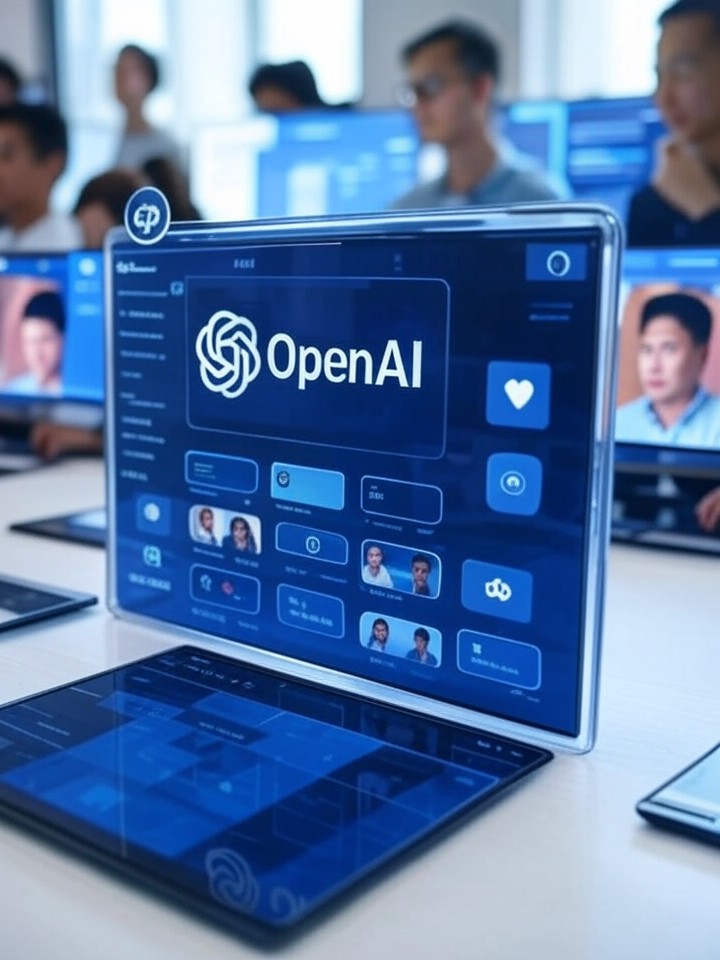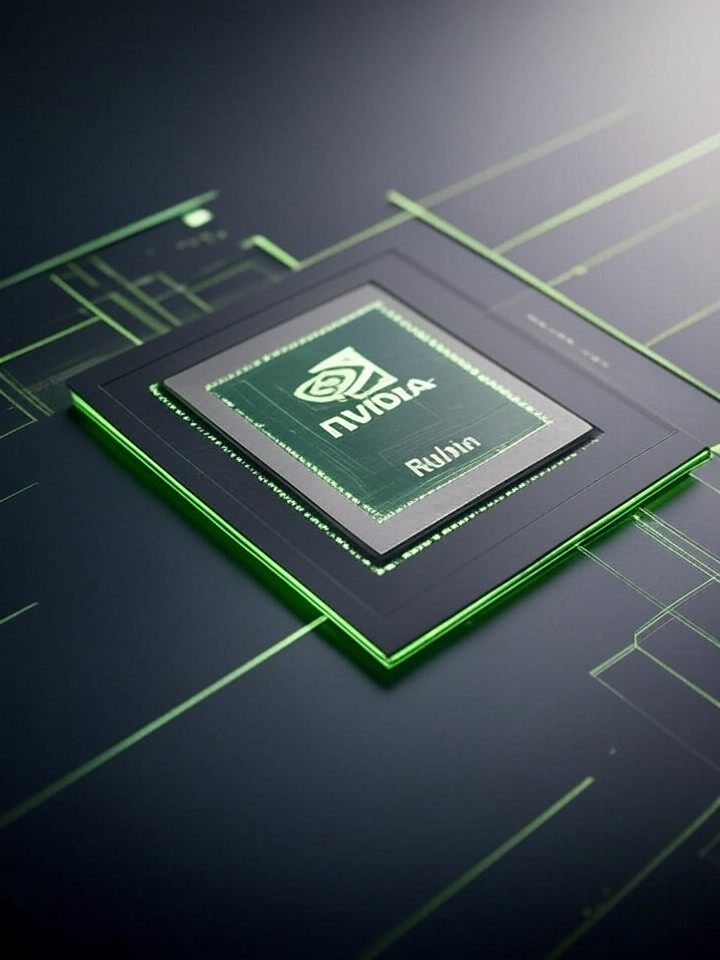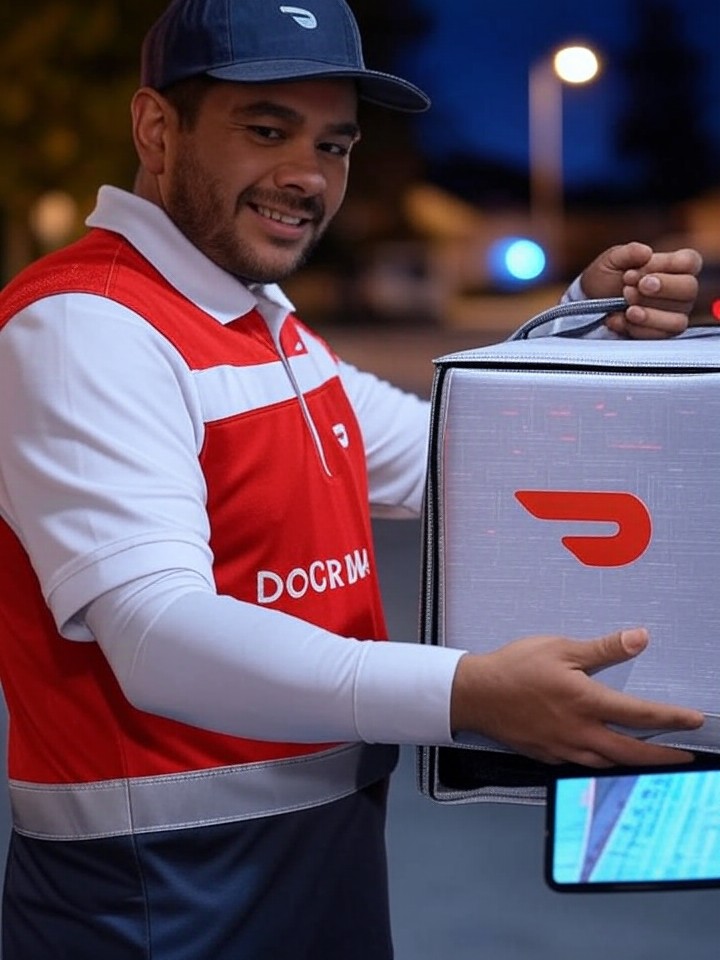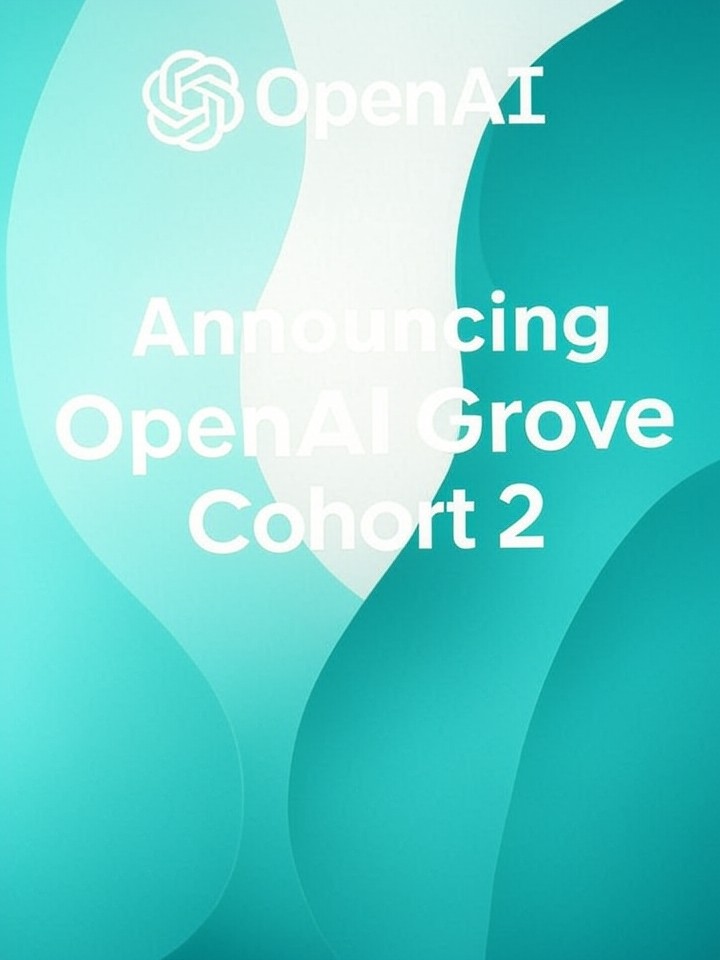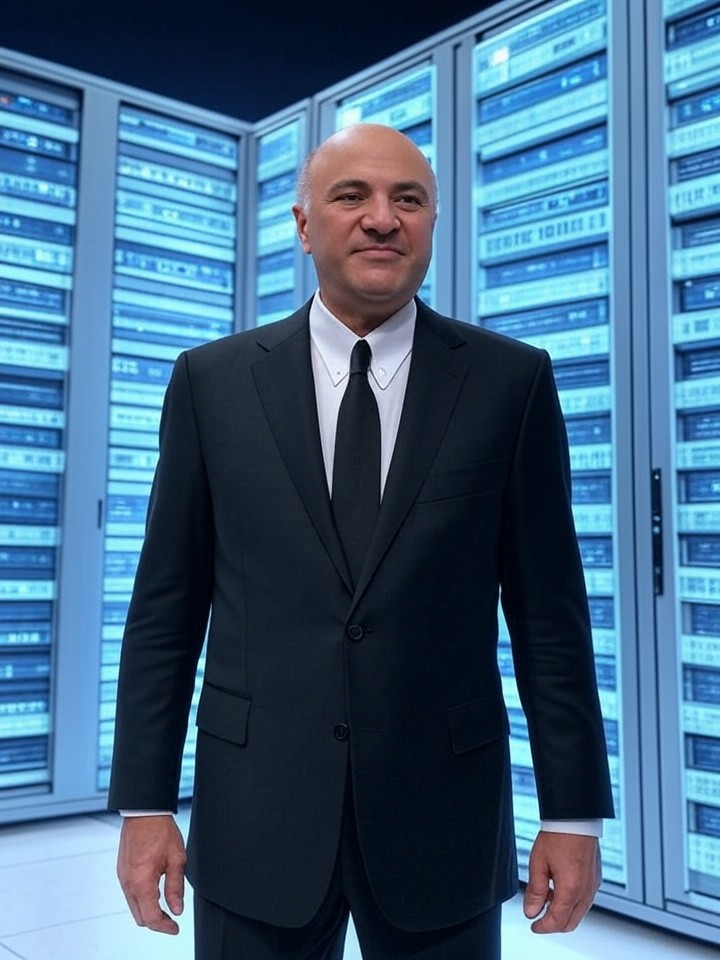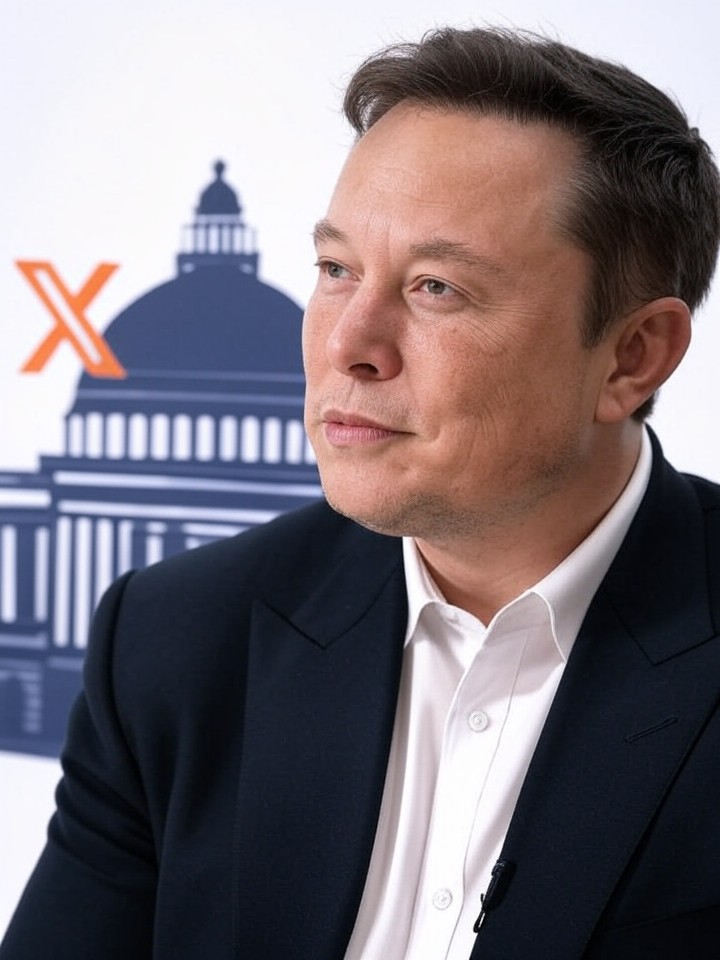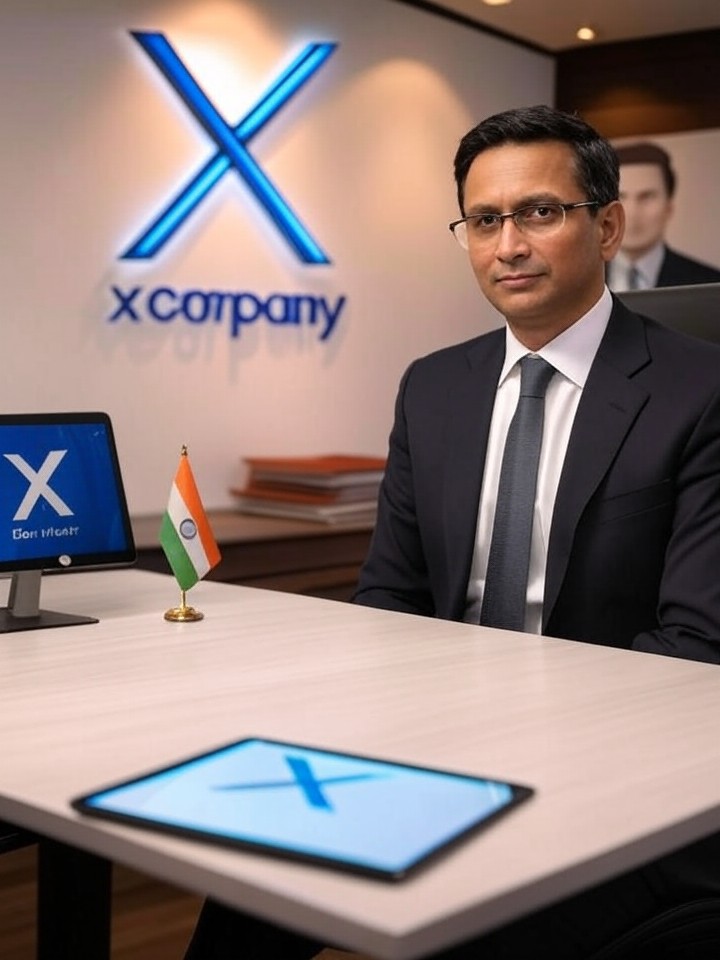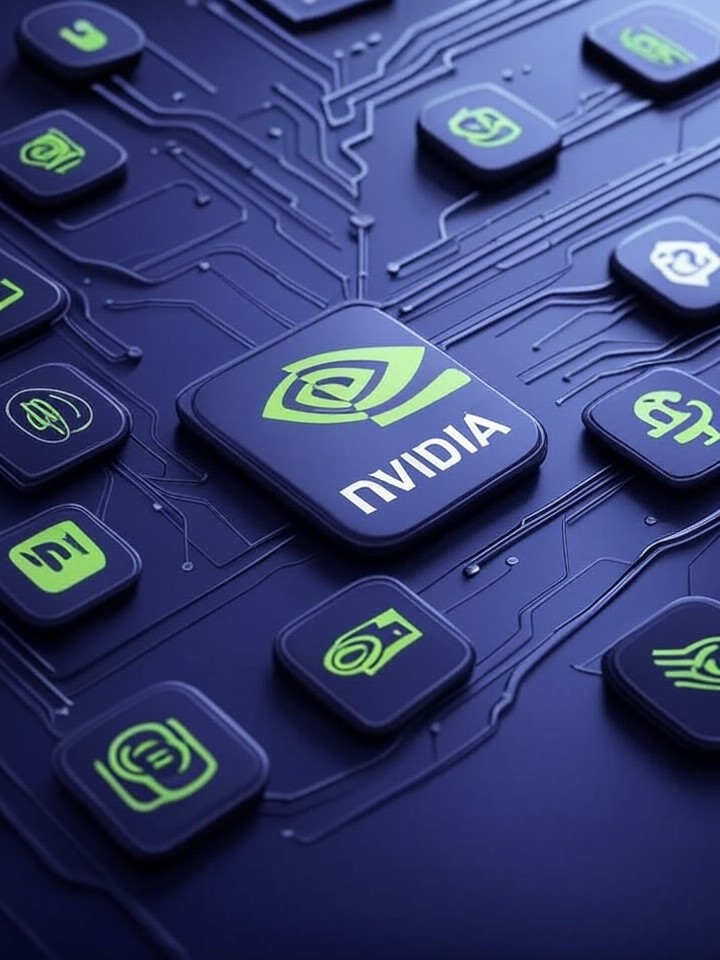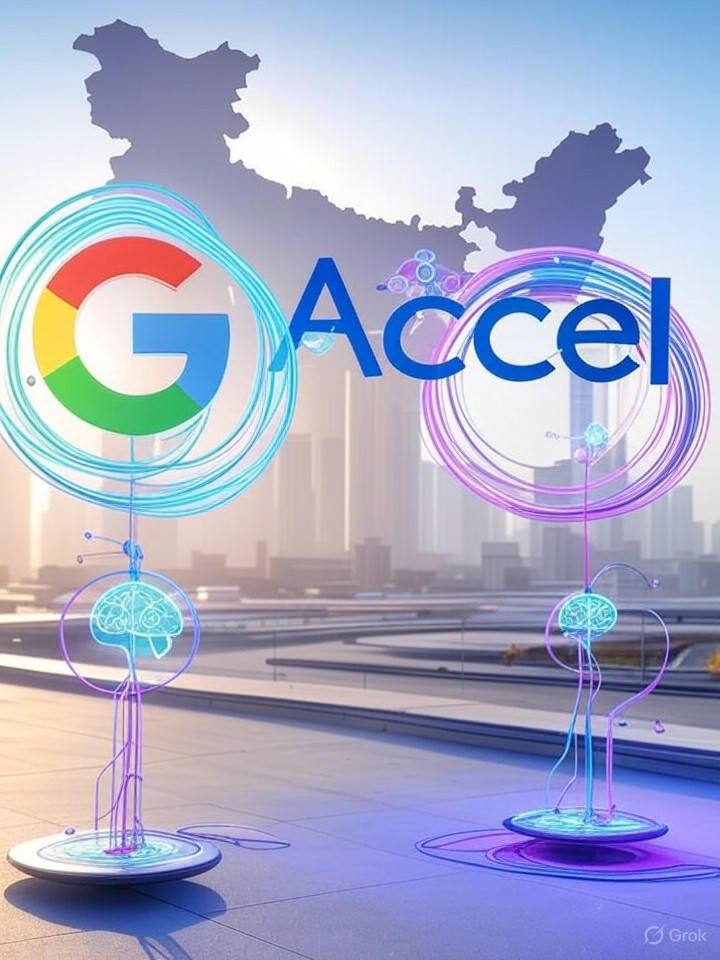Google and Accel Join Forces to Empower India’s AI Startups as Altman and Ive Reveal Plans for Minimalist AI Device
Google and Accel AI partnership in India marks a significant step toward nurturing the next generation of artificial intelligence innovators. At the same time, industry icons Sam Altman and Jony Ive are working on a groundbreaking, minimalist AI device designed to deliver a distraction-free user experience. These parallel developments highlight the global shift toward more meaningful and accessible AI-driven technologies.
Google and Accel Collaborate to Boost India’s AI Innovation Landscape
India’s technology industry has experienced rapid growth in artificial intelligence research and development over the past few years. Recognizing this momentum, Google and venture capital firm Accel have partnered to identify and support promising AI startups across the country. The initiative aims to empower Indian entrepreneurs with funding, mentorship, and access to critical resources that can accelerate their innovation journey.
A Strategic Partnership to Strengthen AI Startups
The collaboration between Google Cloud and Accel will focus on early-stage AI startups, providing them with both financial and technical assistance. Startups selected for this program gain the opportunity to leverage Google Cloud’s AI tools, such as Vertex AI and TensorFlow, to develop innovative solutions ranging from health tech to climate modeling. Accel, known for its early investment in companies like Flipkart and Freshworks, brings its deep expertise in scaling startups from concept to global impact.
India’s Emerging AI Potential
With a growing talent pool and supportive government policies, India is increasingly becoming an AI powerhouse. Initiatives like Digital India and Startup India have created fertile ground for AI research and application. According to market analysts, India’s AI market is projected to reach $17 billion by 2027, fueled by advancements in natural language processing, computer vision, and automation.
This collaboration could serve as a catalyst for identifying transformational ideas that solve local challenges — from improving agricultural yields using predictive analytics to enhancing public healthcare systems with intelligent diagnostics.
Sam Altman and Jony Ive’s Vision for a Simpler AI Interface
While Google and Accel look outward toward startups and ecosystems, OpenAI CEO Sam Altman and former Apple design chief Jony Ive are turning their attention inward — to rethink how humans interact with technology on a personal level. Their joint project aims to develop a physical AI device that moves beyond traditional screens and smartphones, offering a calm and focused way to engage with artificial intelligence.
A Device Focused on Calm Computing
The concept behind the Altman–Ive device centers on the principle of calm computing — technology that works quietly in the background without overwhelming its user. As digital distractions increasingly dominate modern life, this device intends to reintroduce balance by offering seamless, voice-driven AI interactions. Think of it as an intelligent companion designed to simplify, not complicate, your digital environment.
According to early reports, the prototype may ditch the traditional display altogether, relying instead on advanced natural language processing for interaction. This could open new pathways for accessibility, enabling users to accomplish daily tasks via conversational AI rather than apps and menus.
Design Philosophy: Simplicity Meets Intelligence
Jony Ive’s design philosophy, characterized by minimalism and intuitive usability, complements Altman’s AI-centric vision. Their project is expected to prioritize thoughtful design, user privacy, and efficiency. The duo’s approach could redefine consumer technology by promoting digital wellbeing and reducing screen dependence — a major step toward redefining human–machine relationships.
Industry observers have speculated that the device may integrate with OpenAI’s models, offering users a compact interface to a wide range of capabilities, from real-time translation to intelligent scheduling.
How Both Initiatives Reflect the Future of AI
Interestingly, although Google and Accel’s venture and Altman–Ive’s product initiative occupy different ends of the AI spectrum, both share a common goal: reshaping how people experience artificial intelligence. Google’s approach is ecosystem-driven, focusing on enabling innovation at scale, while the Altman–Ive collaboration symbolizes a more personal, humanistic evolution of technology.
Empowering Developers and Entrepreneurs
By identifying and supporting India’s most promising AI startups, Google and Accel are effectively fostering a community that could generate job growth, new applications, and groundbreaking research. The ripple effects could extend globally, positioning India as a major contributor to AI ethics, accessibility, and affordability.
Humanizing AI Through Thoughtful Design
Meanwhile, Altman and Ive’s project parallels a growing movement in tech — one that prioritizes mindful digital experiences. As users grow weary of endless notifications and information overload, there’s rising demand for technology that supports well-being rather than distraction. Their planned product could usher in a new generation of human-centric design principles within the AI industry.
Challenges and Outlook
Despite the optimism, challenges remain. India’s AI ecosystem must overcome issues related to infrastructure, data availability, and equitable access to computing power. Similarly, the success of any new AI device depends on user adoption, affordability, and the ability to deliver value beyond novelty.
However, these ventures signal that the AI revolution is entering a mature phase — one that balances innovation with responsibility. Whether through empowering local startups or reinventing personal technology, these initiatives demonstrate how collaboration and design thinking can steer AI toward a more inclusive and mindful future.
Conclusion: The Path Forward for Human-Centric AI
The unison of Google’s infrastructural strength with Accel’s startup ecosystem expertise underscores India’s growing importance in the global AI narrative. At the same time, visionary efforts by Sam Altman and Jony Ive suggest that the next frontier of artificial intelligence will be defined not just by computational power, but by empathy, simplicity, and user trust.
As both developments unfold over the coming years, we may see the convergence of two distinct yet complementary visions — one that drives industrial transformation and another that redefines our daily digital experiences. Together, they mark a pivotal shift in the evolution of AI: from building smarter algorithms to creating technology that’s truly human at heart.


